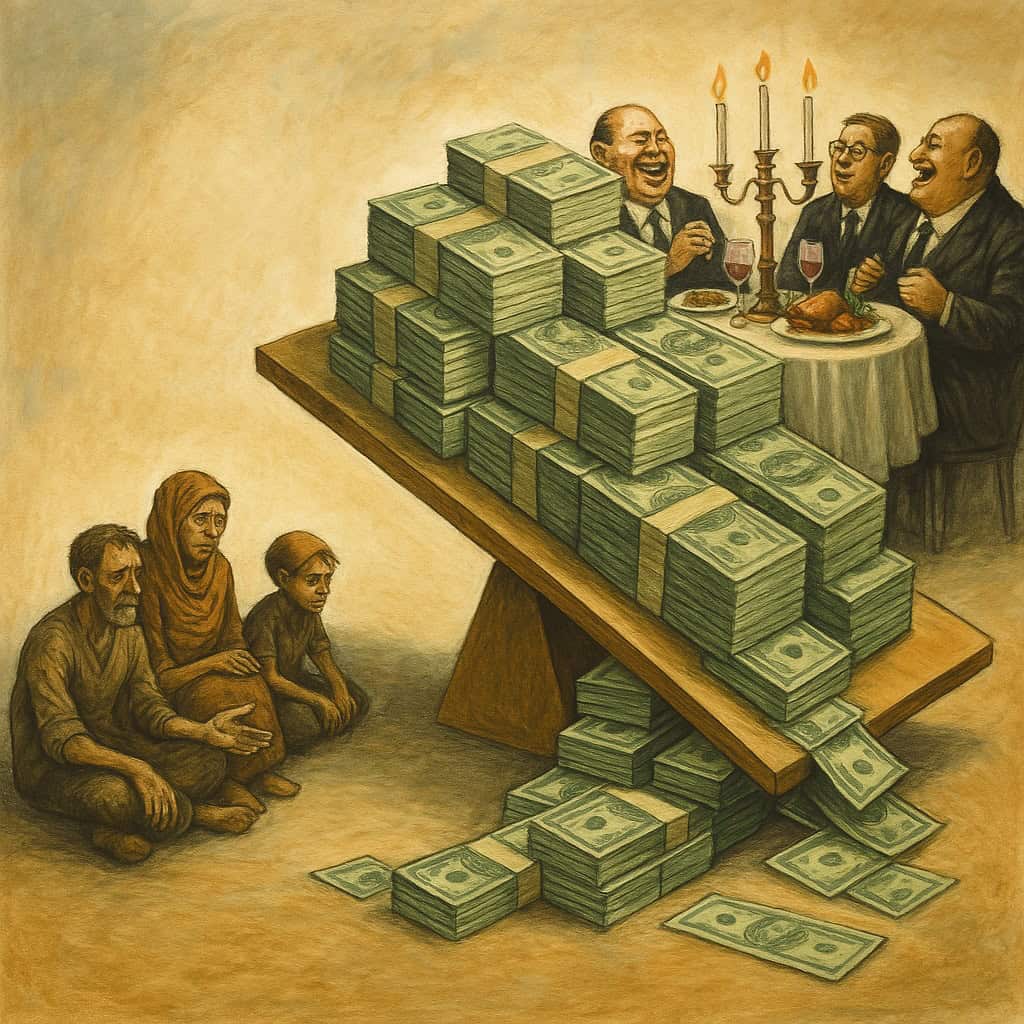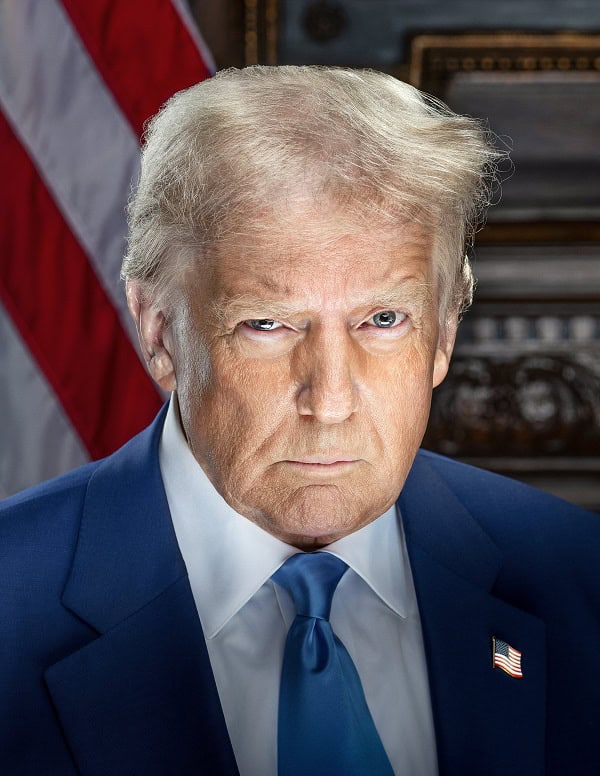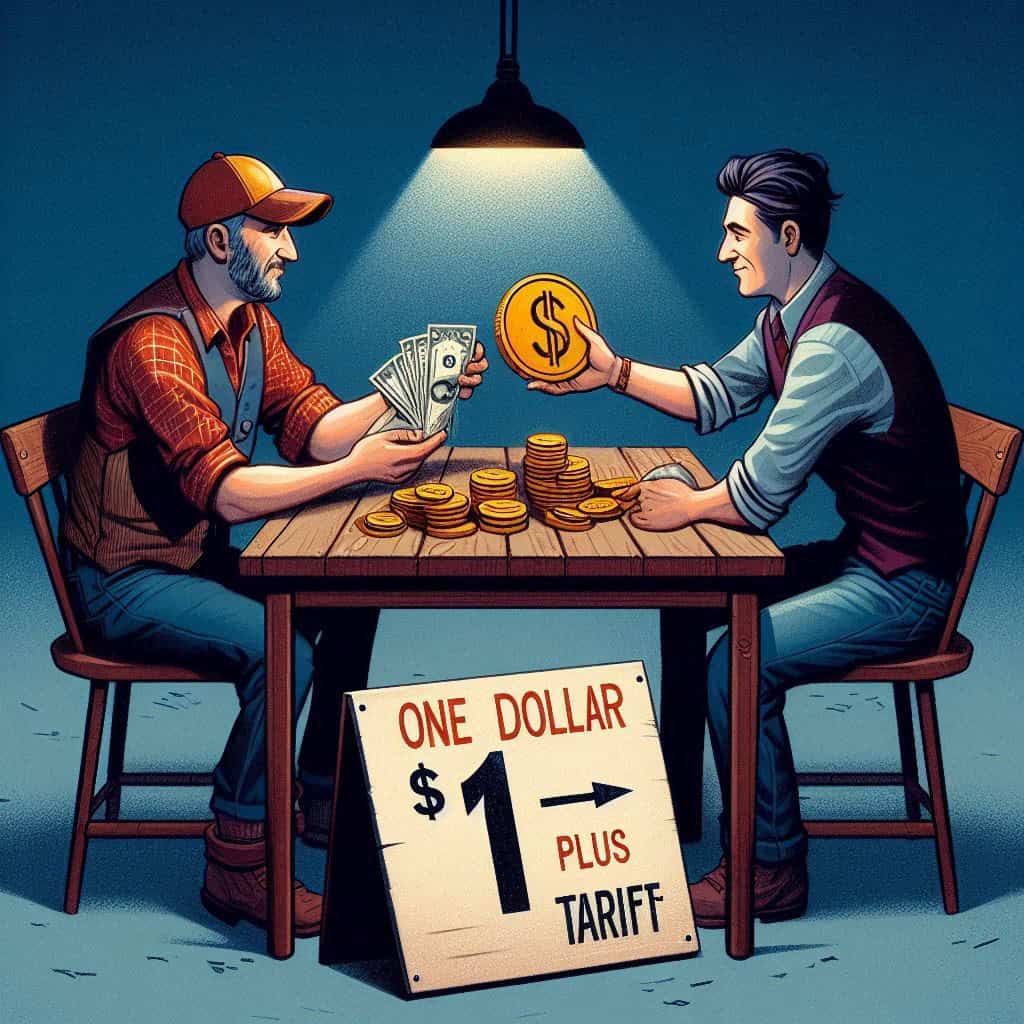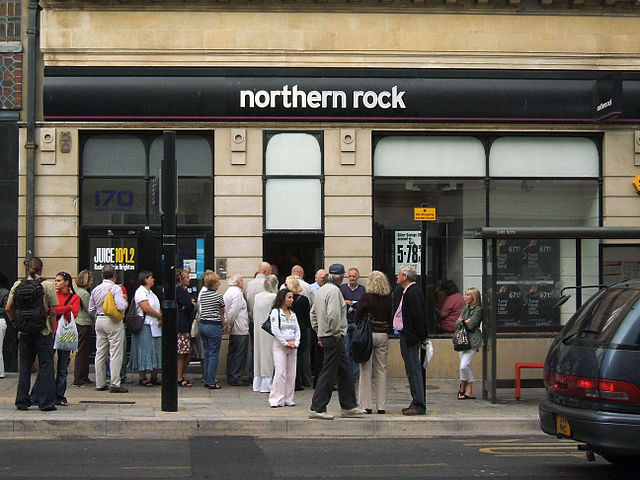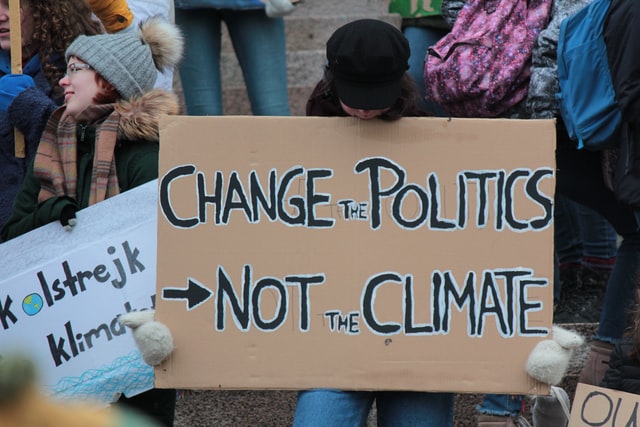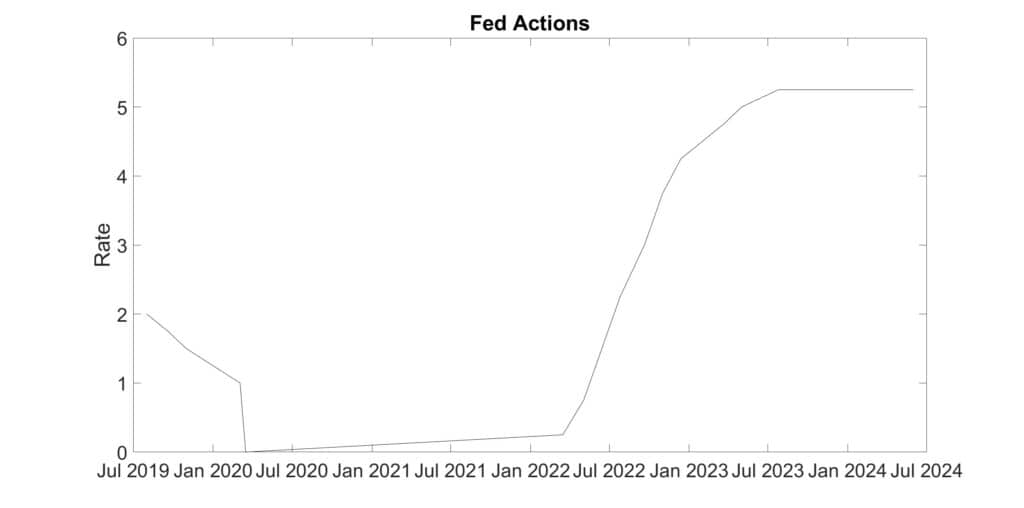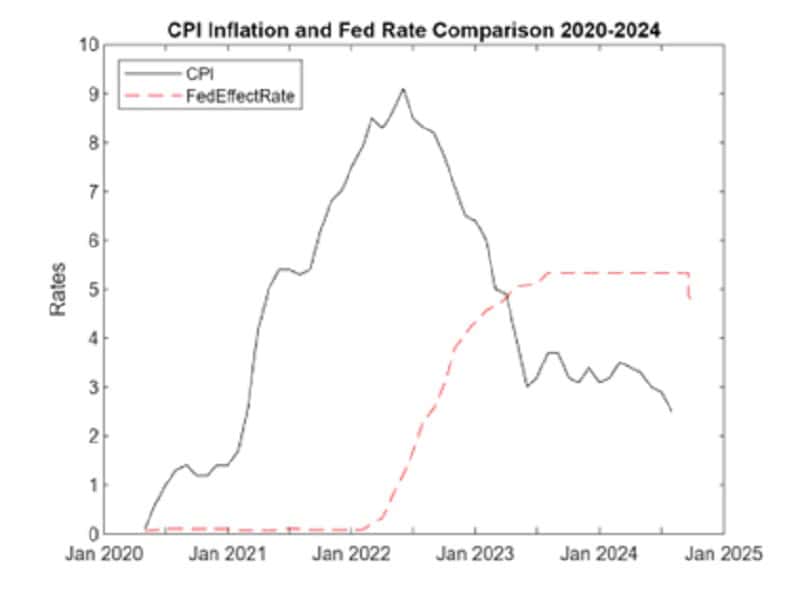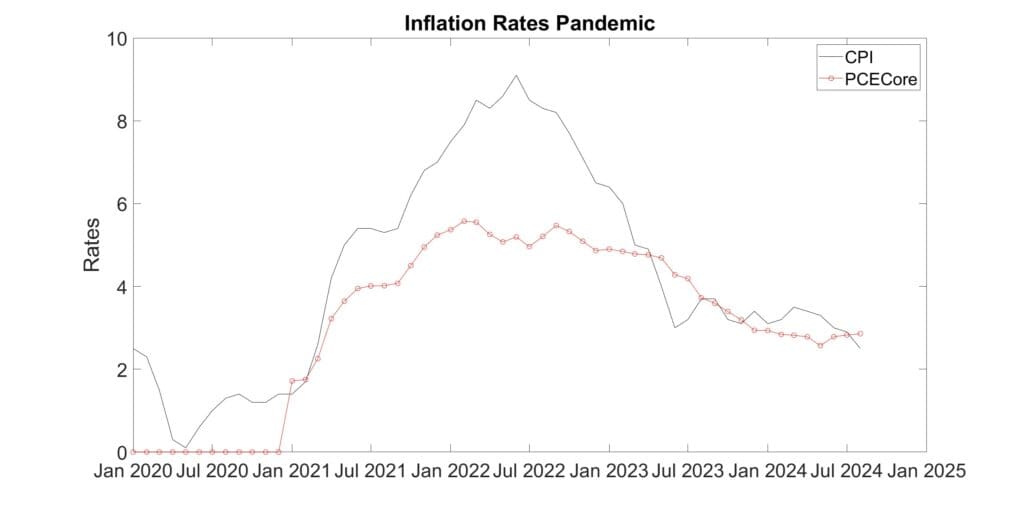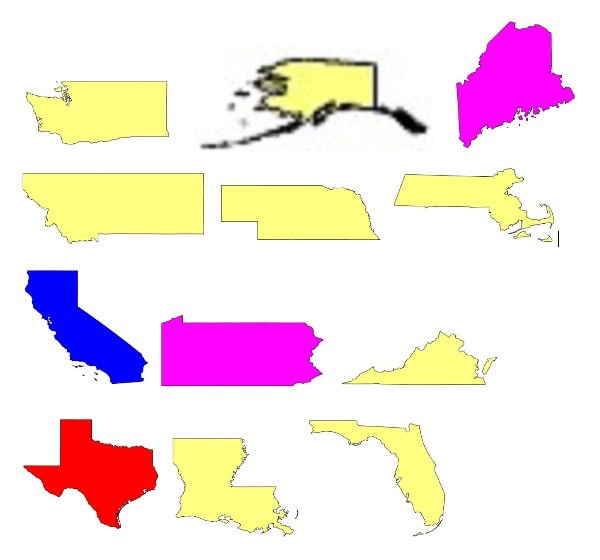Government Size and Role
Update 2023-10-01
It takes large numbers of people working together to achieve large goals. These people can be organized by government or by business.
In advanced countries the governments are democracies, while businesses are single-minded corporations. Democracies meander forward, attempting to satisfy the shifting alliances of diverse interest groups, while corporations raced into any profitable niche as soon as it opens.
Government, when it works properly, defends its people from businesses that value profit over people. The battle is joined over laws, legislations, and regulations.
That’s why businesses spent over $4 billion on lobbyists to sway the government to loosen rules that limit profits.
It’s always puzzled me—just what is the scope of the various governments? Why is it so?
United States
In the United States, we have a federal system. The Constitution put the federal government is in charge of national defense and interstate relationships, while the states legislate on daily life—law and order, schools, and licensing. However, the federal regulation of interstate commerce has wrested much authority from each state’s power. The upshot is that we are one country with 50 states rather than 50 countries under a unified umbrella of common interests, although not every state and every citizen accept that reality.
Within each state, municipalities control their own schools, have independent police forces, and taxing authority.
Government’s Natural Scope
Let’s start with a discussion of government’s purpose. Their ideal purpose is to allow numbers of people to work, live, and prosper together by enforcing rules that support jobs, resolve disputes, and enable tasks beyond that of smaller groups which benefit its people.
In broad strokes, the scope of government authority depends on the freedoms it curtails in search of the greater good.
In the diagram below (Separation of Authority)
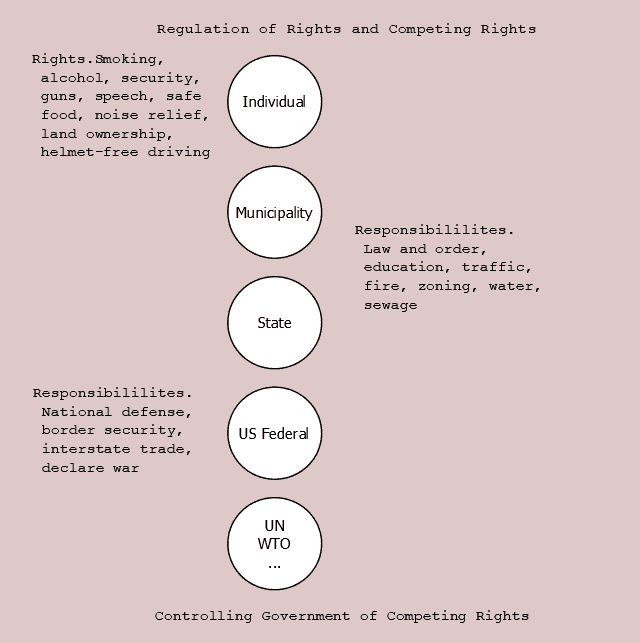
- Personal. Inviolate Freedoms when affecting oneself only. Living people. day-to-day concerns
- Smoking in home versus in public spaces, guns, speech, safe food, security, ownership. Helmet-free motorcycle driver only with insurance waiver
- Local and municipal. Communities of shared desires. Daily life.
- Education, fire, police, trash, sanitation.
- Conflict resolution when individual rights clash.
- State. Large number of people working together require laws resolving disputes between local municipalities. US separation
- Common standards for many local and municipal rules and regulations
- Regulation, roads, bridges.
- Nation. Huge number of people support larger infrastructure projects
- Defense, interstate commerce, immigration.
- National priorities. health research.
- Beyond country. Oceans, outer space, Antarctica. Members countries. UN. OPEC
- Attempt to resolve inter-nation disputes
- Disputes about national boundary claims
- Dealing with physical issues that aren’t bound by political borders. Climate, depletion of shared natural resources and fishery.
Additional Information
Democracy or Mobocracy
Natural Social Groups
